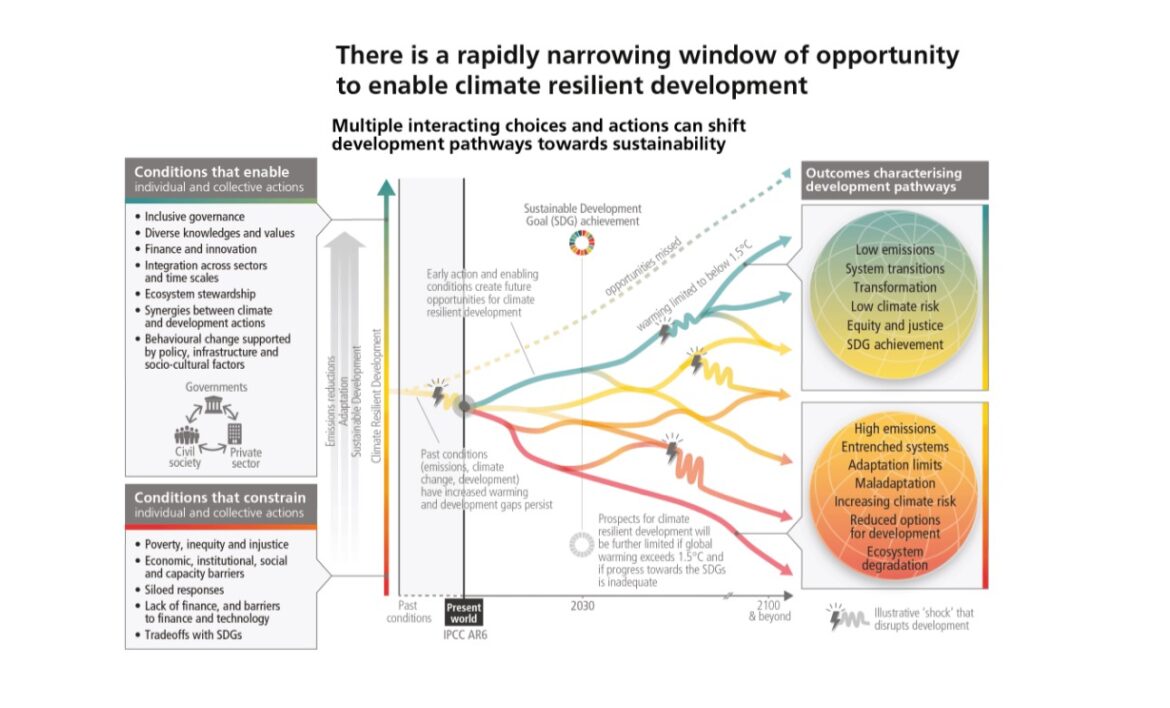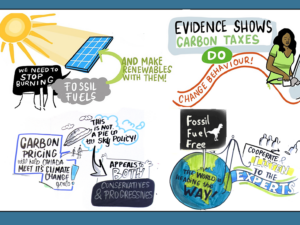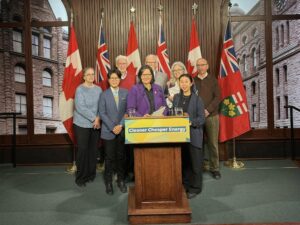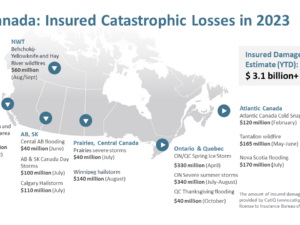On Monday, March 20, 2023, in Interlaken, Switzerland, the IPCC released its final assessment report in its sixth cycle (AR6) – the Synthesis report. The report is a how-to guide on diffusing the climate time-bomb. The planet will reach 1.5 C global temperature rise in the early 2030s. Now there is an urgent call for developed nations to reach net-zero by 2040 and developing nations by 2050. The good news is that it is achievable. The United Nations Secretary-General António Guterres announced a plan to massively fast-track climate action. He has proposed a G-20 Climate Solidarity Pact that includes an Acceleration Agenda which calls for: The report finds that the economic benefits for people’s health from air quality improvements alone would be roughly the same, or possibly even larger than the costs of reducing or avoiding emissions. To be effective, these choices need to be rooted in our diverse values, worldviews, and knowledge, including scientific knowledge, Indigenous Knowledge, and local knowledge. Increasing finance to climate investments is important to achieve global climate goals. The synthesis report is quite clear that there is sufficient global capital to rapidly reduce greenhouse gas pollution if existing barriers are reduced. Global capital is all the savings held by banks, pensions, financial institutions, governments, and individuals. Governments, through public funding and clear signals to investors, are key in reducing these barriers. Investors, central banks, and financial regulators must also play their part. That is because much of the trillions of dollars of financing for fossil fuels come from the private sector. Thus, redirecting private sector finance away from fossil fuels is key. Policies such as an incrementally rising price on carbon pollution pricing with equal dividends to households, carbon border adjustment mechanisms, reforms at the World Bank, and climate risk disclosure rules for financial institutions would provide clear signals to redirect financial flows away from fossil fuels while not burdening the taxpayer. One of the key conditions for enabling a liveable future is inclusive governance. Citizens’ Climate Lobby Canada has been training volunteers to build healthy relationships with their parliamentarians and community since 2010. If you don’t have time, please consider donating money. IPCC AR6 Synthesis Report: Join Us On the Bomb Squad
Citizens’ Climate Lobby Canada’s lobbying focus is protecting and improving Canada’s carbon pricing policy. We support Senator Rosa Galvez Climate Aligned Finance Act. A group of us have joined Citizens’ Climate International’s Bretton Woods Action team. Alongside our colleagues across the planet we are personally connecting with the offices of our executive directors at the World Bank and kindly asking for reforms that will create a thriving and equitable planet.
IPCC AR6 Synthesis Report: Join Us On the Bomb Squad
Home » CCL Canada News » IPCC AR6 Synthesis Report: Join Us On the Bomb Squad






